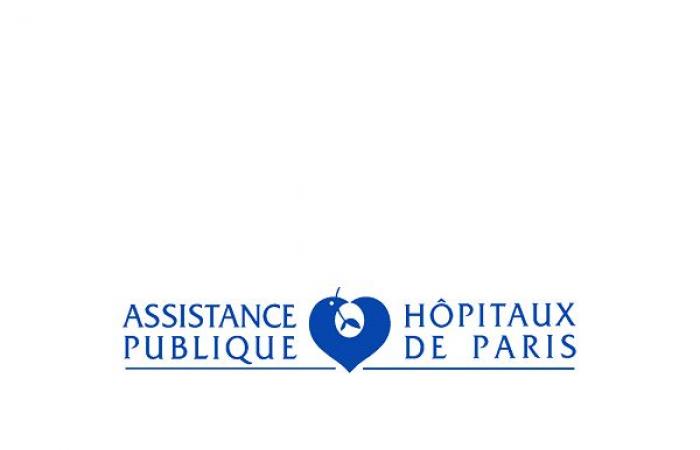
The teams from the MATHEC rare diseases reference center at Saint-Louis AP-HP hospital and Paris Cité University, coordinated by Professor Dominique Farge, carried out a phase I-II proof-of-concept clinical study, with Professors Mark Lowdell (University College of London) and Karin Tarte (Rennes University Hospital and UMR Inserm U1236), on the administration of mesenchymal stromal cells in patients with lupus systemic erythematous disease (SLE) resistant to first and second line treatments. The objective was to obtain evidence of the safety and feasibility of administration in patients with SLE refractory to conventional immunosuppressive treatments and to reveal the mechanisms of action of mesenchymal stromal cells on pathogenic B lymphocytes of sick.
The results of this phase I study were the subject of a publication published on December 17, 2024 in the journal The Lancet Rheumatology.
The research team investigated the effects of administering allogeneic umbilical cord-derived mesenchymal stromal cells (MSC-UC) obtained from a cell stock produced at the University College of London and administered as a single intra -venous on eight patients suffering from severe SLE and refractory to prior conventional immunosuppressive treatments.
The primary endpoint was the rate of serious adverse events (SAEs; grade ≥ 3) during the first ten days after MSC-UC infusion. A single infusion of allogeneic MSCs was found to be safe in all eight study patients, with no serious adverse events reported during the observation period.
« The clinical results observed have enabled lasting remissions and clinical benefits in the short term for certain patients. These data suggest that this therapeutic innovation can have an early effect on the stabilization of the disease, likely to be maintained at least one year after the injection.. » notes Professor Dominique Farge, professor at Paris Cité University and head of department, CRMR MATHEC internal medicine unit, autoimmune diseases and cellular therapy at Saint-Louis AP-HP hospital.
« This study also contributes to better understanding the mechanisms of action of these new therapies and therefore to defining companion tests making it possible to better select and monitor patients likely to respond. » adds Professor Karin Tarte, director of the laboratory for immunological monitoring of innovative therapeutics (SITI) at Rennes University Hospital, EFS Bretagne and director of UMR U1236 Inserm, Rennes University.
-« These encouraging initial results pave the way for further randomized controlled studies designed to evaluate the safety and efficacy of repeated injections of allogeneic MSCs from different tissue sources in severe autoimmune diseases in France and internationally.. », concludes Professor Dominique Farge.
This phase I study, promoted by the AP-HP, was financed by the “Gene and Cell Therapy” prize awarded to Professor Farge in 2014 by the Kidney Foundation and the AFM-Téléthon Rare Diseases Alliance, the management of the clinical research and innovation of the AP-HP and the National Research Agency via the “Ecell Infrastructures” program.
Systemic lupus erythematosus (SLE) is a rare and chronic autoimmune disease, which alternates successive periods of flare-ups and remissions with a very wide range of clinical manifestations: cutaneous, musculo-articular, cardio-respiratory, gastrointestinal, renal, hematological, neurological and ophthalmic. SLE is characterized by inflammation of several tissues, the production of autoantibodies directed against nuclear antigens and hyperactivity of auto-reactive B lymphocytes. Conventional treatments for SLE are primarily based on the use of different types of medications, corticosteroids, antimalarials, immunosuppressants or immunomodulators, used alone or in combination according to reference regimens. Although most patients go into remission thanks to conventional treatments, 15 to 20% are resistant and refractory with a course that remains poor associated with high morbidity and mortality due to the progression of the disease and the risk of complications ( infectious, neoplastic, vascular and metabolic) linked to long-term treatments.
To find out about stem cell therapy for autoimmune diseases: discover the autoimmune diseases and cell therapy platform (MATHEC).





